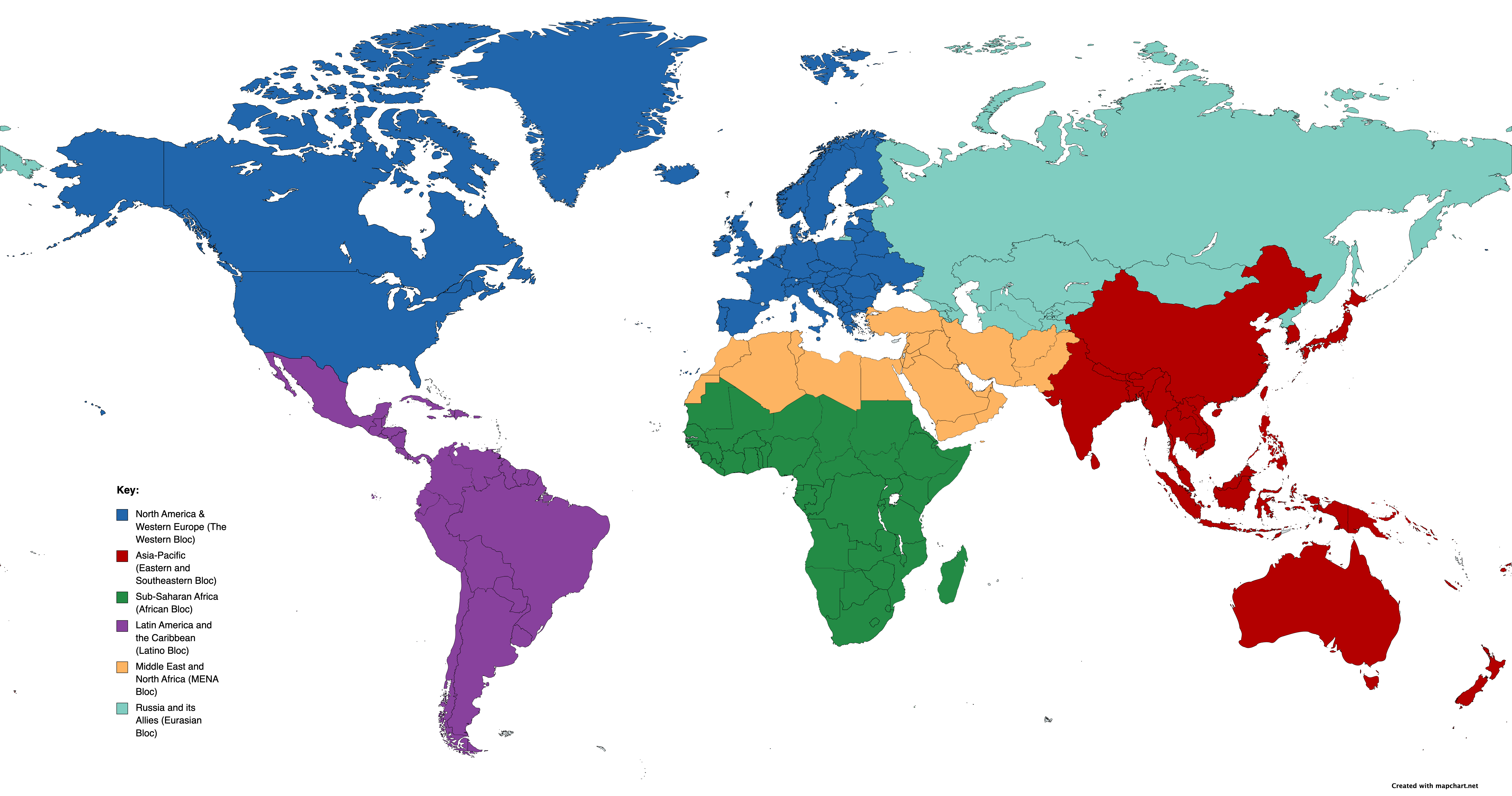Introduction
In the dynamic landscape of global economics, fostering entrepreneurship is paramount for nations aspiring to bolster economic development and innovation. Entrepreneurship acts as a catalyst for job creation, market competition, and community revitalization, playing a pivotal role in propelling a country towards prosperity and self-sufficiency. Recognizing the multifaceted benefits entrepreneurs bring to each nation, governments worldwide are considering a diverse array of policy changes designed to nurture and support the entrepreneurial spirit. These policy changes span various dimensions including access to capital, education, regulatory environments, and societal well-being, addressing the myriad challenges entrepreneurs face in their journey.
The proposed suite of 30 policy changes encapsulates a holistic approach to building an entrepreneurial nation. It aims not only to stimulate business formation and growth but also to build a resilient and inclusive ecosystem where diverse voices are heard and innovation thrives. The policies range from tangible financial incentives such as tax reliefs and research grants to fostering softer elements like networking, mentorship, and diversity. Moreover, they seek to mitigate risks associated with entrepreneurship through enhanced bankruptcy laws, crisis management training, and cybersecurity support, thereby creating a secure and conducive environment for business ventures.
The inclusion of sustainable business incentives, rural development programs, and initiatives promoting social entrepreneurship underlines the growing importance of balancing economic growth with social responsibility and environmental stewardship. Equally crucial are policies focusing on improving digital literacy, technology infrastructure, and market access, reflecting the evolving nature of entrepreneurship in the digital age.
This comprehensive set of policy changes is not without its challenges and downsides, requiring meticulous evaluation and balanced implementation. Nonetheless, it represents a visionary step towards molding a nation that celebrates innovation, embraces diversity, and continually strives for sustainable economic development through entrepreneurship.
30 New Support Policies
- Access to Capital: Enables entrepreneurs to secure necessary funds, fostering business growth and innovation.
- Education and Training: Develops skilled entrepreneurs, fostering sustainability and innovation in business.
- Reduction in Red Tape: Streamlines business procedures, reducing time and cost of starting and operating businesses.
- Tax Incentives: Provides financial relief, enhancing business viability and encouraging investment.
- Market Access and Trade: Expands business reach and scale, promoting international cooperation and competitiveness.
- Internet and Technology Infrastructure: Facilitates access to essential technology, boosting competitiveness and innovation.
- Intellectual Property Protection: Safeguards innovations, incentivizing research and development.
- Labor Laws: Fosters a flexible, skilled workforce, aiding in business growth and adaptability.
- Commercial Property Incentives: Reduces overhead costs, making it easier to start and maintain businesses.
- Enhanced Bankruptcy Laws: Encourages entrepreneurial risk-taking by reducing penalties associated with failure.
- Support for Research and Development: Drives innovation and technological advancement, creating a competitive edge.
- Networking and Mentorship Programs: Facilitates knowledge sharing and community building, fostering business development.
- Diversity and Inclusion Initiatives: Supports underrepresented groups, promoting a diverse and inclusive business environment.
- Sustainable Business Incentives: Encourages environmental responsibility, contributing to long-term societal well-being.
- Rural Development Programs: Supports entrepreneurship in underserved areas, promoting regional economic growth.
- Export Assistance: Facilitates international trade, expanding market reach and revenue potential.
- Healthcare Support: Provides health security, allowing entrepreneurs to focus on business development.
- Childcare Support: Supports work-life balance, particularly aiding female entrepreneurs in business pursuits.
- Legal Assistance: Aids navigation through legal complexities, reducing risk and fostering compliance.
- Affordable Housing Initiatives: Ensures housing security, allowing entrepreneurs to invest more in their ventures.
- Public Procurement Opportunities: Offers consistent revenue streams through contracts with public agencies.
- Digital Literacy Training: Enhances ability to leverage digital tools, increasing business efficiency and reach.
- Innovation Competitions and Awards: Recognizes and supports innovative ideas, providing funding and publicity.
- Transportation Infrastructure: Improves logistics and access to markets, reducing operational costs.
- Cybersecurity Support: Protects business assets, reducing the risk of financial and data loss.
- Access to Markets and Distribution Channels: Facilitates partnerships, opening up new avenues for sales and growth.
- Customer Education and Engagement: Builds consumer loyalty and brand awareness, enhancing market position.
- Immigration Policies: Attracts international talent, enhancing diversity and skill in the workforce.
- Crisis Management Training and Support: Prepares businesses for unforeseen events, promoting resilience and continuity.
- Incentives for Social Entrepreneurship: Supports solutions to social issues, fostering societal well-being and responsible business practices.





